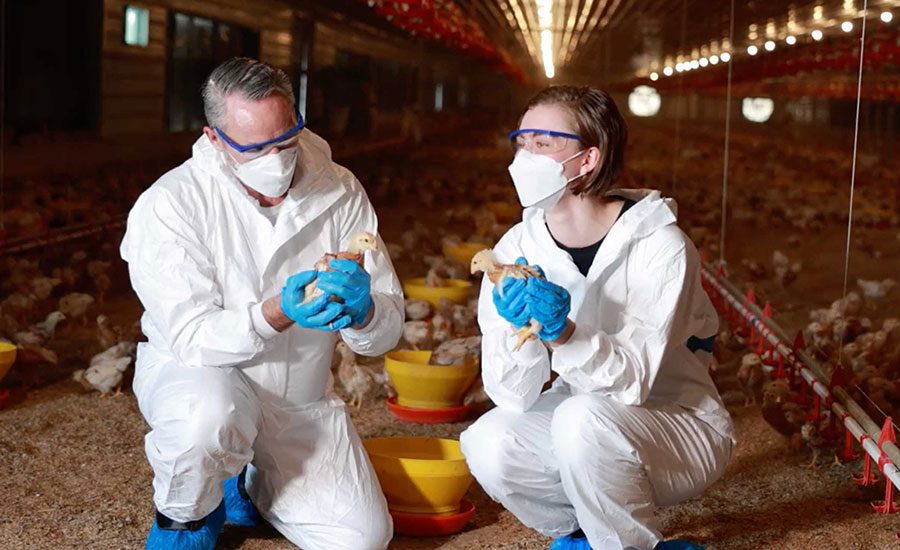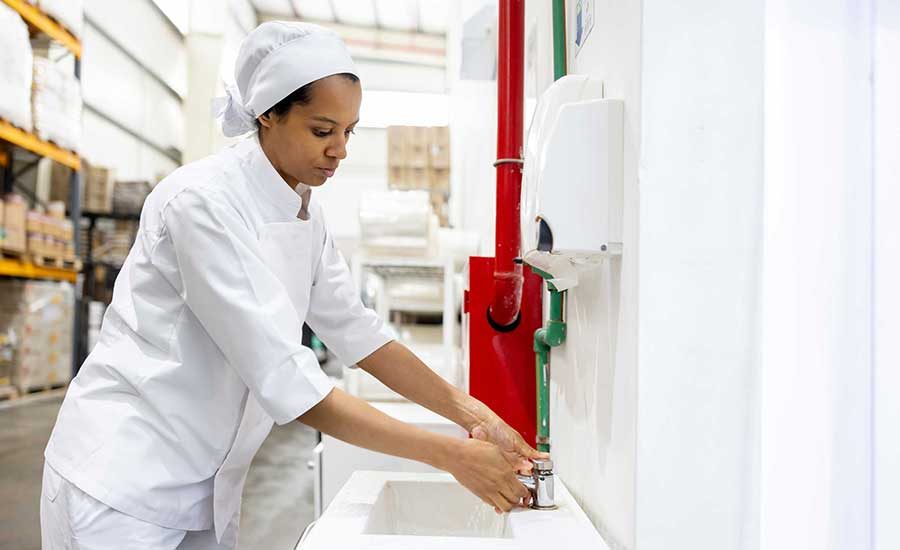Field research conducted by Elanco Food Safety and its customers demonstrates that administering Salmonella vaccines to breeders and their progeny resulted in a 43 percent reduction in the overall prevalence of Salmonella and reduced the combined prevalence of serotypes B and D by 26.3 percent in more than 3,800 hot rehang and part rinse samples during a 2-year period.
Poultry processing plants do a tremendous job as the last line of defense, but too much Salmonella can stress the effectiveness of in-plant interventions. Live-side solutions, such as Salmonella vaccines, can help reduce Salmonella loads earlier in the process, so the entire burden does not fall on in-plant interventions.
Salmonella vaccines have been proven to reduce the overall prevalence of Salmonella contamination of birds entering the processing facility, especially the higher-risk Salmonella B and D serotypes. These serotypes include Enteritidis, Heidelberg, and other highly zoonotic Salmonella serotypes that are difficult strains manage with in-plant interventions due to their presence in the meat, bone marrow, and muscle of the bird. In addition, these serotypes are more likely to cause foodborne illness in humans.
Elanco Food Safety has more than a decade of experience working side by side with quality assurance and food safety teams. Together, we have developed pre-harvest intervention strategies that reduce the amount of Salmonella contamination brought to the processing plant, helping the food chain reduce the likelihood of foodborne illnesses.
We realize there is no silver-bullet solution to Salmonella control. Integrating Salmonella vaccines as part of a comprehensive food safety program can reduce the overall prevalence of Salmonella contamination of birds entering the plant, especially the higher-risk B and D serotypes.
Elanco Food Safety | Elanco.com






